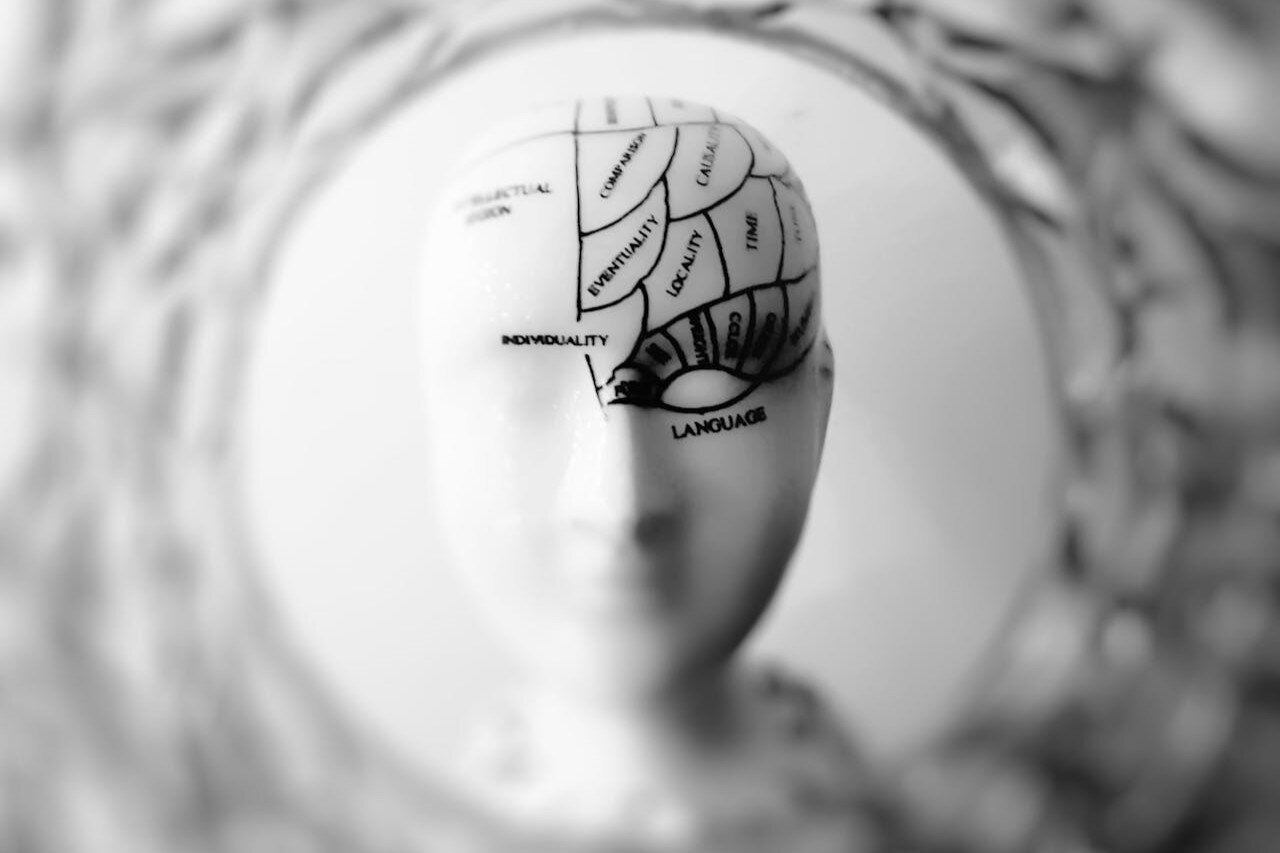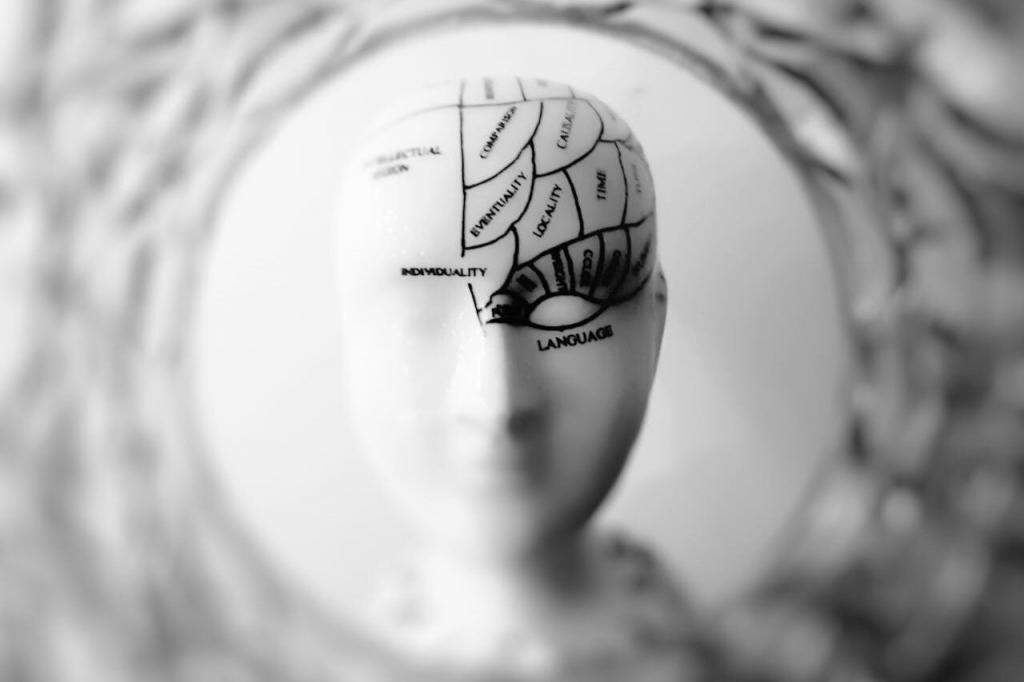
Psychiatric Disorders Are Not Soul Diseases but Brain Diseases…
 Psychiatry; is the branch of medicine concerned with the diagnosis, treatment and prevention of disorders of thought, emotion and behavior. Psychiatrists evaluate both the mental and physical aspects of psychological problems and provide the treatment required by the individual.
Psychiatry; is the branch of medicine concerned with the diagnosis, treatment and prevention of disorders of thought, emotion and behavior. Psychiatrists evaluate both the mental and physical aspects of psychological problems and provide the treatment required by the individual.
Throughout the history of psychiatry, the definitions made in relation to this field have partly contributed to the development of incomplete or mistaken beliefs about psychiatry. Among all medical disciplines, it would not be an exaggeration to state that psychiatry is the area in which the greatest number of misconceptions have emerged.
The naming process of psychiatry itself has also played a role in this perception. Although the word “psyche” has multiple meanings in English, its translation solely as “soul” and the consequent adoption of the term “Mental Health and Diseases” has inevitably led some people to think, “I am not a lunatic, why should I consult this discipline?”
This perception may cause individuals to develop an undesirable resistance toward psychiatry. Indeed, the belief that consulting a psychiatrist is something to be ashamed of is considerably common in society. Even in today’s information age, the persistence of individuals who believe that psychiatry is merely a discipline treating severe mental illnesses may stem from psychiatry’s inability to sufficiently express itself.
At present, it is clearly known that problems of thought, emotion, attitude and behavior arise from dysfunctions in brain activity. Scientific studies demonstrate that these dysfunctions can be treated with medication, a combination of medication and psychotherapy or psychotherapy alone.
